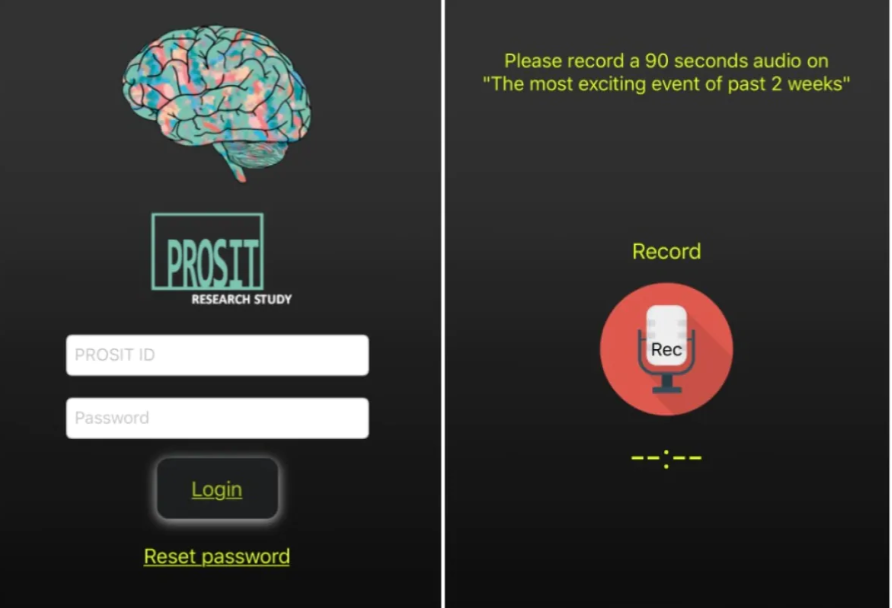Dal researchers create app to monitor user's mental health via Smartphones
So, keeping an eye on your physical fitness with the help of your smartphone or smart wearables has become old news by now. Therefore, scientists and developers are now trying to pay more attention to mental health. Consequently, we now have an app that can track your mental health by analysing the use of your smartphone.
Researchers at Dalhousie University have developed an app called PROSIT which can tell whether you are showing symptoms of anxiety and depression by monitoring your phone usage which includes call frequency, music taste, easy to track features like fitness, sleep, etc, it also catches hold of some minor details like your typing speed and force.
Users can also add additional data. For example, they have the alternative of recording and uploading a 90-second audio clip, which describes the most happening incident of the week and can also report their feelings on a scale of 1 to 5.

"We can actually find out whether they're anxious or depressed. It's fairly amazing," Dr Sandra Meier, a psychologist with the IWK Health Centre and Dalhousie University, told CBC's Mainstreet.
"So you don't have to understand any of the content, you can just listen to people and actually you get their emotional state from the way that they talk."
Meier and her team began testing the mobile sensing app in February, and there are now about 300 people using it, half of whom are mental health patients.
The researchers are using the app to study how well youth are dealing with social isolation during and after the COVID-19 lockdown.
The researchers have begun testing the mobile sensing app in February, and there are now about 300 people using it and half of them are patients trying to recover from mental illnesses.
What about privacy?
“When you start to see technologies like this, it becomes even more important that we really start to think more carefully about the legal frameworks we have for regulating these types of technologies.”, Teresa Scassa, Canada research chair in information law and policy at the University of Ottawa, said.
Now, although the idea of the app is pretty useful, monitoring the usage of the smartphone can reveal some personal info of the users. So, obviously, there are privacy concerns involved in tracking your online activity.
However, according to the researchers, the team is working on the app to minimize the privacy concerns of the users. Currently, the users need to sign a consent form, and the data supposedly remains in a secure place, according to the researchers.
What's next?
"When we see our patients, they're with us for a very short time," Meier said. "And you would love to know how the patients are actually doing outside of the clinical setting so when they are at home, and we would like to do that in a way that is not so invasive for them."
She said she chose to develop a smartphone app because it's something many people can easily access and use.
Still, there are some things that the app can't pick up on alone, she said.
The next step is finding a way for the app to communicate treatment options or suggestions from a mental health professional to the user, Orji, a computer scientist at Dalhousie, said.
"That's actually the ultimate goal is that the app cannot replace the health-care provider, but complement them," she said.
Top 8 COVID-19 gadgets
Top 13 Android Viruses 2020
Related post
0 comments
Leave a reply
Please Login or Register to Comment. Get StartedTop 13 Android Viruses 2020






